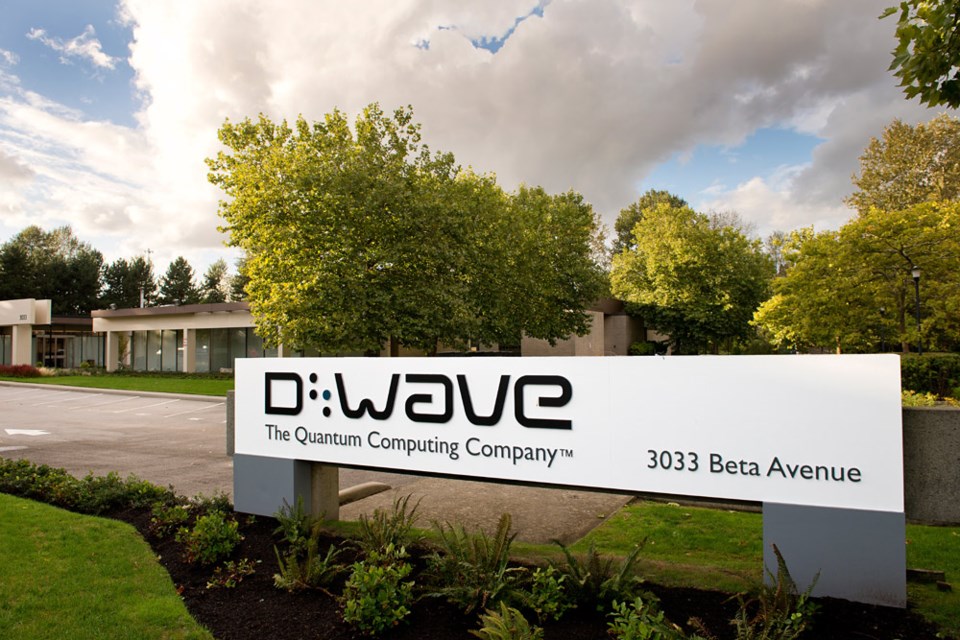In recent months, the commercialization of quantum computers is abuzz in the tech world. Quantum technology is set to go on sale worldwide – with a little help from Burnaby’s tech leaders.
Burnaby-based D-Wave Systems senior vice-president of systems Jeremy Hilton explains quantum technology will revolutionize computer systems, enabling faster ways to parse through possibilities. Examples include complex optimization problems, machine learning problems and sampling.
“Solutions that would take a lifetime to solve may become solvable in minutes with a quantum computer,” he says.
Tech giants Google, IBM, Alibaba, Microsoft, Baidu and Amazon are all racing to develop quantum computing for the commercial market, while the European Commission recently announced the allocation of €1 billion in quantum technologies. Global governments and industry giants may need to count on the help of Burnaby’s D-Wave, the only company in the world to have commercially sold a quantum computer.
In 2011, D-Wave introduced the world's first commercially available quantum computer system, D-Wave One, priced at US $10,000,000. The company’s current customers include Google, NASA, Lockheed Martin, Los Alamos National Laboratory and Temporal Defense Systems. Many others access D-Wave machines via the cloud.
The quantum revolution, however, will not obsolesce classic computers for the foreseeable future. According to Hilton, businesses and governments will be able to choose specific types of computers for particular problems based on which is best suited for the job.
“We certainly see quantum and conventional computing being complementary for a long time to come,” he says. “We are not displacing traditional computing systems, but instead adding much more potential computing power to solve complex problems. The power of quantum computers in conjunction with traditional systems can solve some of the biggest challenges we face, from security to healthcare to resource allocation.”
Hilton is also confident Burnaby and Canada can stay ahead of the curve, leading the world in developing quantum computing applications. He cites application development companies such as 1Qbit, which have already sprung up in the lower mainland.
“Burnaby is a central location for talented staff commuting from all over the lower mainland, while also being accessible to the airport,” he says. “The city is a thriving technology hub and we’re proud to be a part of it.”



